Recent Articles
Popular Makes
Body Types
Top 10 Car Scams While Buying or Selling
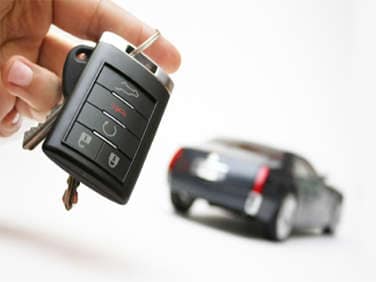
When you buy a new or a used car, you must be wary of car buying scams. Whether you are purchasing through a dealer or a private owner, car selling scams can cost you hundreds, even thousands, of extra dollars. While most car dealerships conduct their business in a professional and honest manner, the reality is that car salespeople, car sales managers, and car finance managers are paid on commission. The more they sell, the more they earn. The more you pay them, the more money they can put in their own pocket. This is true of private sellers of used cars, too. That means it can be hard to resist the temptation to engage in car buying scams and car selling scams.
In this article about car buying scams and car selling scams, we take a look at 10 of the most prevalent car scams, explaining what they are and how you can protect yourself. However, you should be aware that there are many more car selling scams and car buying scams to watch out for, so be sure to educate yourself about as many as possible before approaching the negotiating table. If you’ve been the victim of car scams, be sure to lodge a complaint with the Better Business Bureau and theInternetCrimeComplaintCenter.
1. The Title Washing Car Scams
When a car is wrecked and repaired, when a car is damaged by a natural disaster like a flood or tornado, or when a car is stolen and recovered, it will frequently be referred to as a salvage vehicle, and the vehicle’s title will reflect this status. Salvage vehicles often suffer significant problems after they have been repaired, even if they look like new inside and out. Because of this potential for trouble down the road, salvage vehicles are worth much less on the used car market.
Title washing is a car selling scam that rids a vehicle of its salvaged status. Rules and regulations exist to restrict the ability to wash a title, but vary from state to state. Unscrupulous sellers can still remove the stigma of salvaged status if they determine that making the effort will prove profitable. Because used car dealers almost always sell a used car “as is,” meaning that the buyer takes on all responsibility for the vehicle after purchase, buyers are stuck with the car and its problems once the sale is completed.
This is why it is important for you to get a vehicle history report from a reputable source for any used car you decide to purchase. Try the National Insurance Crime Bureau’s VIN Check for a free report, or buy a report from a company like CarFax or AutoCheck.
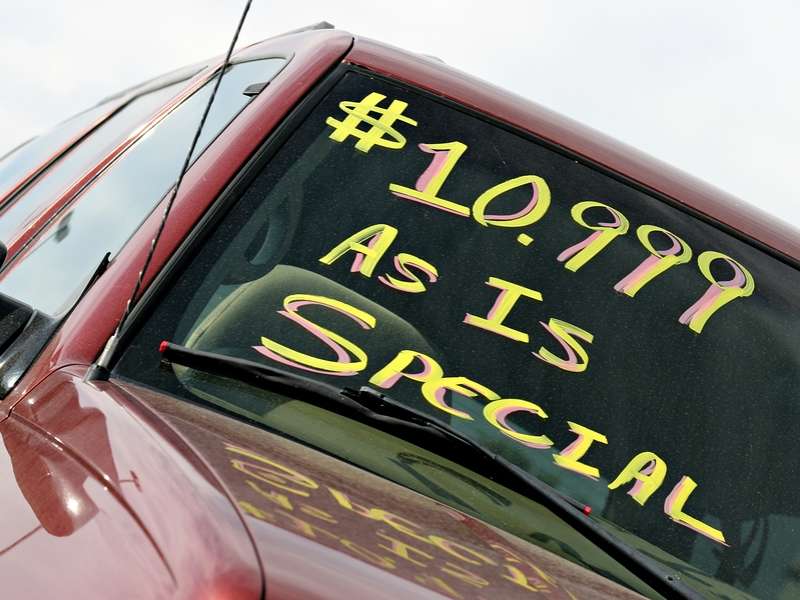
2. The Fake Escrow Account Car Scams
The advent of online car buying has popularized the use of escrow accounts to hold funds until a vehicle is delivered to its new owner, and it has given rise to a new form of car selling scam associated with the practice: the fake escrow account scam.
The most common way to lure used car buyers into this car selling scam is to advertise a car for sale on an online classifieds website, usually a model that is highly desirable. The advertised price is low, typically too good to be true. The seller may claim hardship, may claim to be located abroad, and may even offer to pay shipping fees to strike a deal. In some cases scam artists have gone so far as to duplicate the logo and website design of a legitimate car dealer and advertise irresistible prices.
If a price seems too good to be true, it probably is. And if you are asked to deposit funds into an escrow account not of your own choosing, or to wire transfer a deposit to secure a deal, turn and walk away. Unless the seller agrees to use an established and thoroughly verified online escrow service approved by both parties, this car selling scam could lighten your bank account by thousands of dollars.
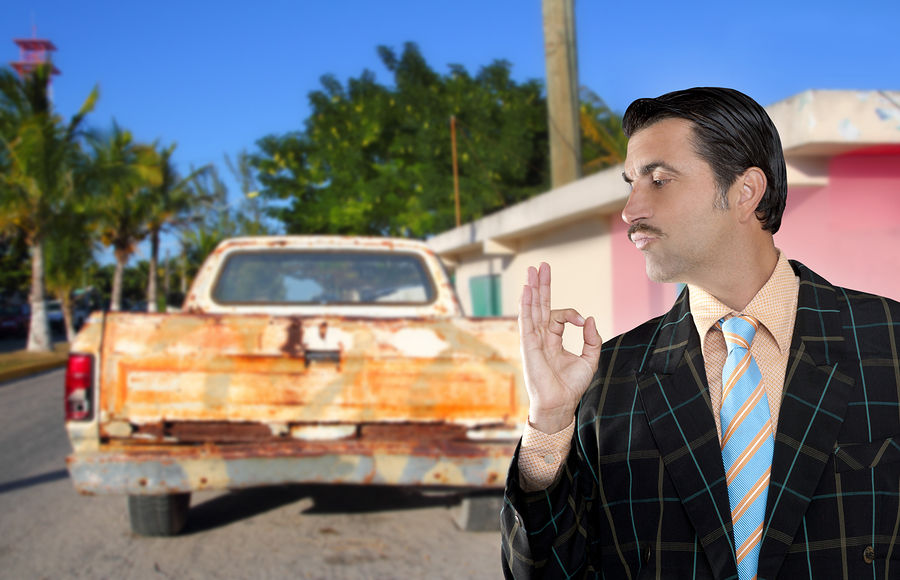
3. The Disappearing Trade-in Car Scams
If you’re buying a new or used car from a dealer and you trade your old car in, the dealer can potentially make the trade “disappear” in the maze of paperwork and numbers. This is especially true if the trade-in vehicle is of little value. To guard against this popular car buying scam, it is absolutely critical that the amount given to you for the trade-in is reflected in the final deal, and that it is listed as an item applied to the negotiated price of the vehicle.
Another way dealers make trade-ins disappear is by using the “push, pull, or tow” scam. You’ve seen the advertisements for this car buying scam on TV and in newspapers, in which the dealer guarantees a minimum amount of money for any trade-in, no matter it’s condition. Guess what? You would have gotten that money anyway in the form of a rebate, a discount, or some other kind of incentive if you walked in the door without a trade-in. Instead, the dealer will use this money to “buy” your old car and apply the amount to the new car. Then, after you leave, the dealer will sell your old car and make a few hundred more dollars on the deal.
If you give a dealer a trade-in using a program like this, know that you are essentially getting nothing for your old car. Unless you have some rusting hulk with flat tires cluttering up the yard and you’re looking for an easy way to get rid of it, don’t take this bait.

4. The Negative Equity Car Scams
How many times have you heard a dealer promise, “We’ll pay off your trade, no matter how much you owe!” Yes, they will pay off your trade-in if you owe more than the car is worth, a situation known as negative equity, but do you really believe that the dealership will do this out of the goodness of its heart? Don’t be naive.
This car buying scam works because you’ve fallen in love with a new car, and you really want to park the new car in your driveway, but you have a negative equity situation with your current car. The dealer will be happy to configure the new car loan or car lease in such a way that the money owed on the old car is rolled into the new contract. Congratulations. Now you are paying for two cars instead of one.
If a car dealer tells you they will pay off your trade even if you owe hundreds or thousands more than the car is worth, the dealer is being disingenuous. They aren’t paying off the loan with their own money, and certainly aren’t doing you a favor. They are actually making your financial situation worse by saddling your new car loan with additional negative equity, and years from now, when you want to trade your car in again, the can the dealer is helping you to kick down the road is going to be twice as problematic to deal with as your current situation.
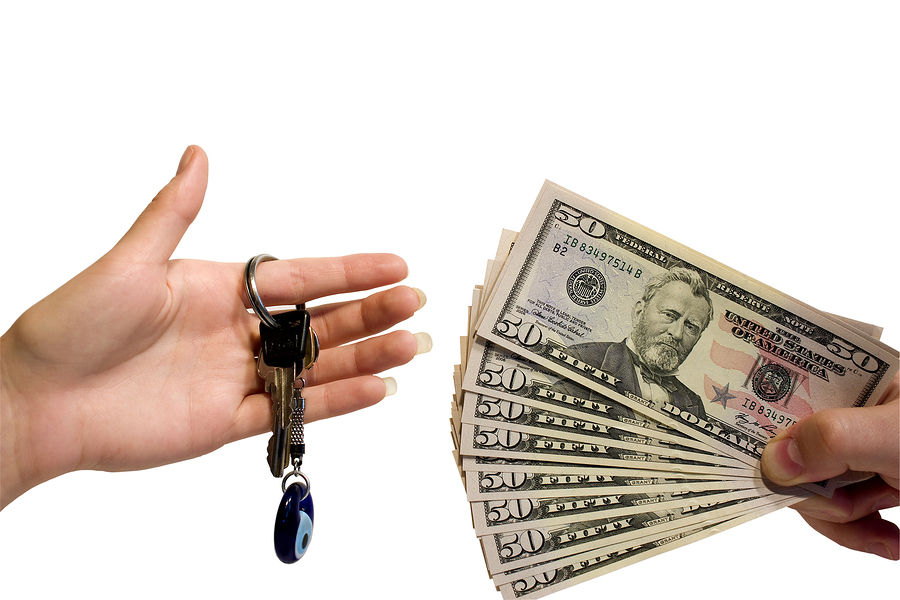
5. The Four-Square Car Scams
During negotiations, dealers use what is known as a “four-square” diagram to illustrate the price of the new car, the value of the trade-in vehicle, the monthly payment for the new car loan, and the down payment required to reach that monthly payment. All of these numbers are negotiable, and the dealer uses this car buying scam to first determine what kind of car buyer you are, and then to tailor the deal accordingly.
In this shell game, the four-square diagram becomes a jumbled mess of numbers during the course of negotiations until your particular concern – whether that is the monthly payment, the trade-in value, the price of the new car, or the down payment – meets your requirements. Now you have a deal, and you aren’t even sure what happened.
If you have not educated yourself about the elements of the four-square approach in advance, you are going to get very confused and the dealership is going to vacuum extra money from your wallet. By knowing what the new car should sell for, what your used car is worth to the dealer, what your creditworthiness is, and by having financing arranged in advance, you don’t need to worry about the four-square car selling scam because it will be irrelevant to the deal.
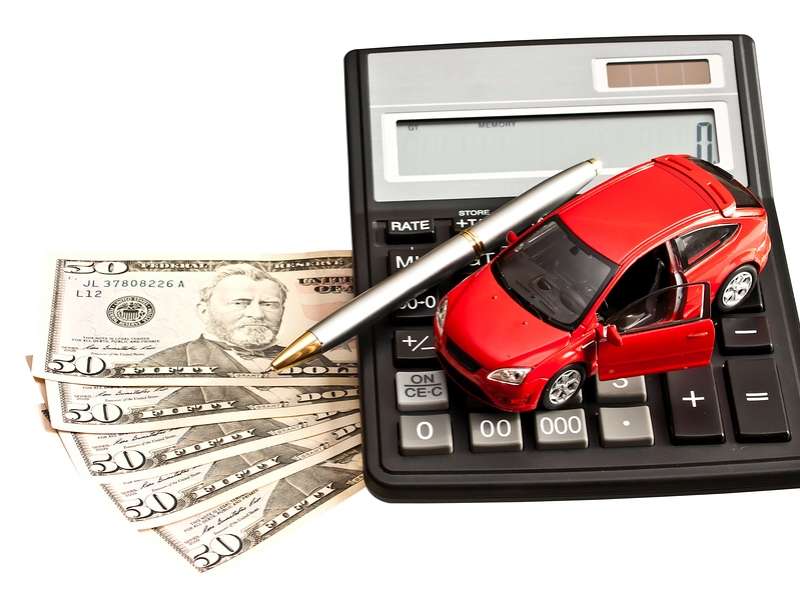
6. The Dealer Addendum Car Scams
If you are perusing the inventory on a car dealer’s lot and every car is wearing a dealer-installed label showing extra-cost items such as paint sealant, fabric protection, and window etching, you are looking at what is called a dealer addendum sticker. You are also looking at a popular car selling scam.
Items listed on dealer addendum labels typically represent significant profit padding for the dealership and should be avoided. During negotiations, the dealer may remove these items from the deal as a goodwill gesture to lower the price of the car, but now you’ve only succeeded in negotiating down to the original sticker price. You need to negotiate using invoice price as the starting point.
Later, when completing the financing on your car, the dealer will attempt to sell you an extended warranty, a maintenance or service contract, various insurance packages, and other unnecessary add-ons in an effort to boost profit. Sometimes, the dealer has already bundled these into your loan, claiming that a warranty or a service contract is included in the financing. They should not be, and are not necessary to get the deal done.
Sometimes, a dealer addendum label is justifiable; such as when a hot new model debuts and the dealer only has a few in stock. If you want the car bad enough, you’ll pay extra for the privilege one way or another. But if every car on the lot has a dealer addendum label, this is a clear sign that the dealership is going to try every car buying scam in the book while you negotiate the deal. You should buy a car from a different dealer.
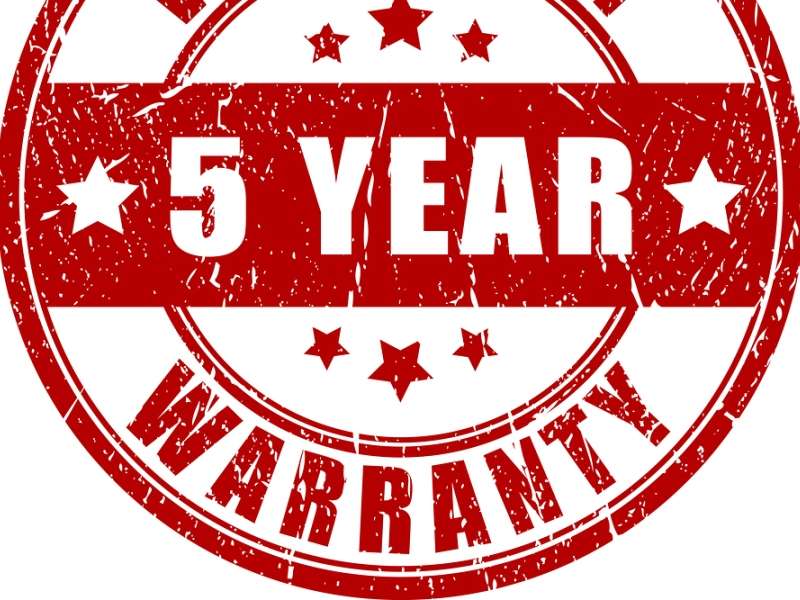
7. The Low Credit Score Car Scams
If you don’t know your credit score, you could be vulnerable to a dealer’s finance department with this car selling scam. Let’s say you’ve gone through the four-square process described above, but the sales person returns with bad news, explaining that your credit score is not high enough to qualify for a lower interest rate or payment, and that the car will be a little bit more expensive.
If you don’t know what your credit score is, and you haven’t arranged financing in advance of visiting the dealership, the dealer knows you may be inclined to put more money down or accept a slightly higher payment to get the deal done and take the new car home, allowing the dealer to make hundreds, perhaps thousands, more dollars in profit on the deal.
The three main credit agencies – Equifax, Experian, and TransUnion – provide consumers with a free credit report each year. Obtain one, and have it with you when you’re financing a car. Also, by arranging your financing ahead of time, you don’t need to worry about this car buying scam.
To combat this practice, know what your true credit score is, and have financing arranged before going to the dealership. Give the dealership the opportunity to beat the interest rate on your pre-approved loan, and if they can’t, stick with your original financing. Otherwise, refuse spot delivery until all terms of the deal are finalized. And never sign blank forms. Come back and buy the car another time.
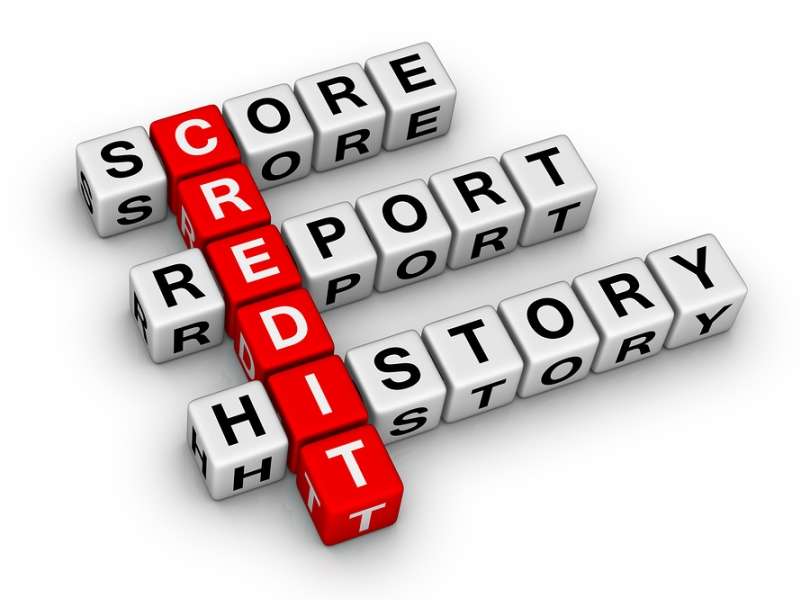
8. The Low Payment Car Scams
As a buyer, your monthly payment is important to your budget, and the dealer knows it. However, if you present yourself as a payment buyer, someone who cares only about the monthly payment, the dealership will be able to add profit by inflating the price of the car, asking for a larger down payment, and by extending the length of the loan or lease to make the payment fit your requirements.
To protect yourself against this car selling scam, focus on the price of the car, the down payment you are making, the interest rate you are paying, and the term of the loan. Use an online loan calculator to determine what you can afford based on the down payment you are prepared to make, the length of time you want to make payments, and the interest rate your credit score will allow you to qualify for. Through trial and error, you will be able to determine what you can afford. Better yet, arrange your financing ahead of time so that the dealer cannot pull this scam.
An extension of this car selling scam exists. Let’s say you’ve made a deal, and the new car is parked in your driveway. A couple of days after signing the paperwork, the dealer calls you to notify you that they’ve figured out a way to lower your payments and to come back to re-sign paperwork. It’s true, they may have lowered the monthly payment, but to do it they’ve rolled you into a new, longer loan with a higher interest rate, which means you’re paying hundreds, even thousands, more for the car.
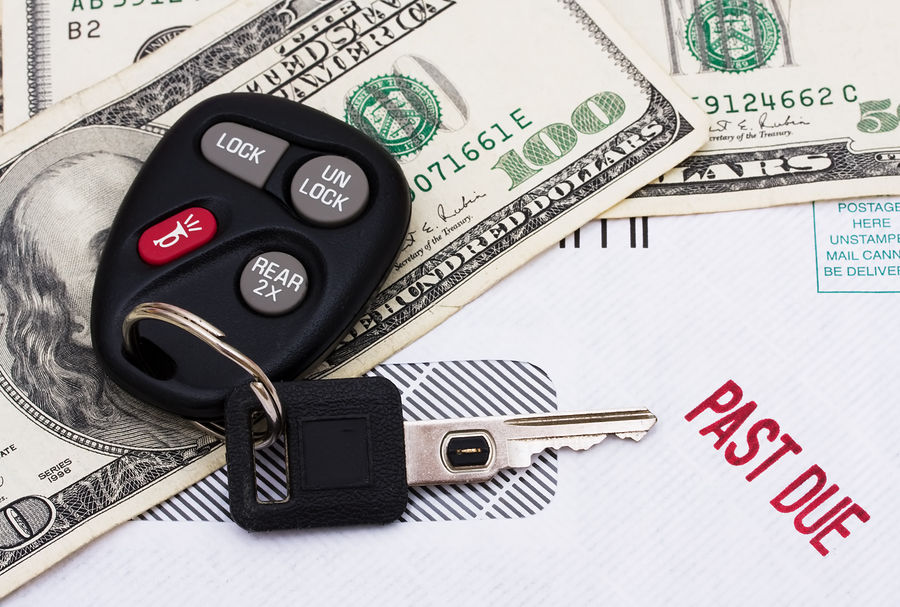
9. The One Day Only Car Scams
If you’re negotiating a deal and are told that a price is good only for that day, the dealer does not want to give you time to do your research, arrange your own financing, or shop around. Don’t believe that the price is good only for one day. While there might be a shred of truth to this because of expiring incentive or rebate programs, there will come another day when you can get the exact same deal on the same make and model, either from your chosen dealership or a competitor. You might even get a better deal.
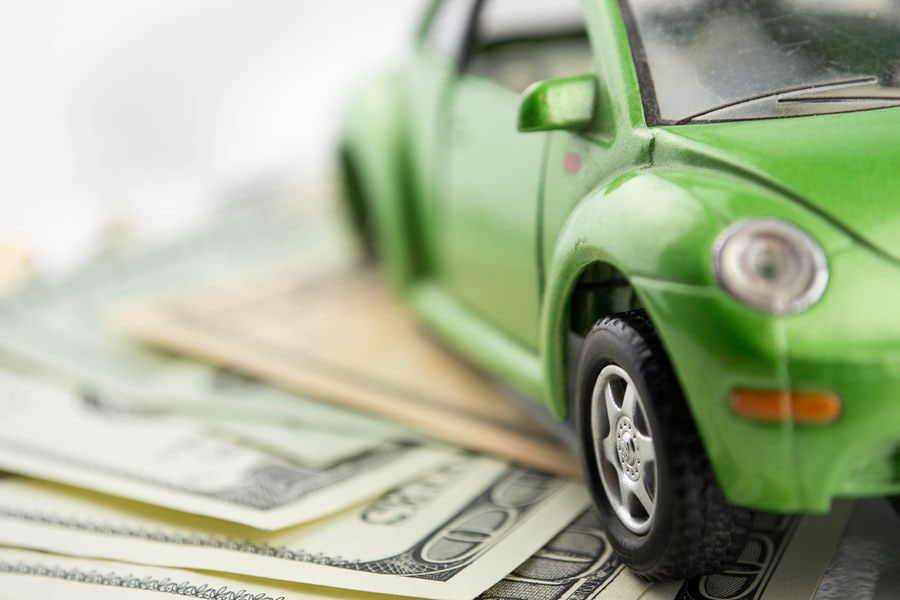
10. The Spot Delivery Car Scams
When you buy a new car, you take it home after the paperwork is signed whether the finance department has completed all of the loan arrangements or not. This is called spot delivery, and dealers do this because they do not want you to reconsider the deal. If the new car is in your possession, it is less likely that you might want to back out of the agreement.
The problem with spot delivery is that it makes you vulnerable to a car buying scam. With this scam, the dealer calls a couple of days after you drive home in your new car to tell you they weren’t able to get you financing at the quoted rate. Now you need to come up with a bigger down payment, or make bigger monthly payments, or give the car back and face potential legal problems over the use of the vehicle.
Another danger is associated with spot delivery if your deal is completed after financial institutions are closed for the night. An unscrupulous dealer may ask you to sign blank or incomplete paperwork that the finance manager promises will be handled the next business day. Sometimes, this paperwork may include “right of rescission” terms in the fine print, and by signing it you have given the dealer legal authority to change the terms of the deal without your consent. This can have disastrous consequences if you’re doing business with the wrong dealership.
